
by MATT FADHIL
Dr Emily Granger is a cardiothoracic and heart/lung transplant surgeon at St Vincent’s Hospital. She has worked on the forefront of some of Australia’s most pioneering transplantation, including the world’s first “donated after cardiac death” (DCD) transplant in 2014. She was recently featured in National Geographic’s highly entertaining medical reality TV show, “Miracle Hospital”.
We at The Jugular were lucky enough to sit down with Dr Granger to ask her a few questions about her career and her time on the show.
First off, why did you decide to go into medicine?
I really liked biology at high school; I had a very inspirational biology teacher and I loved the toad dissections. Also, my cousin was doing medicine at the time and I looked up to her; I thought it’d be great to be just like her. This was back in the days when she’d be going to the anatomy lab with her own cadaver and doing dissections, it was fascinating. So it seemed like a great fit.
And when along the path did you decide to go into cardiothoracic surgery?
I got into medical school at the University of Queensland. I always wanted to do something surgical. When I was supposed to be studying pharmacology, I’d be looking at gunshot wounds from the First and Second World Wars and how they were treated, and reading books about the world’s first heart transplant.
After I finished 6 years of med school, I did my internship at Royal Brisbane, then I married an engineer, and we decided to go and live in Mt Isa in the middle of Queensland. There were very few of us at the hospital there, so I got to do the cut-downs, chest drains, relocate fracture-dislocations of the ankle. I’d have my McRae’s Orthopaedics at the end of the bed, open at the right page, with how to do it.
We decided to head to Perth, but in Perth they said “Look, we don’t have a job in orthopaedics (which was the aim) but you can do cardiothoracics instead. That’s sort of like orthopaedics – you have to cut through a bone to get to the heart”. And I said, you know what, why not. In my first week in cardiothoracics, we did heart transplants, big bad traumas, dissections and take-backs for bleeding and everything. At the end of it I said, well, I really like orthopaedics but I think I could be a really good heart surgeon.
Sometimes you don’t realise yourself what you want. My husband said “look I knew after that first week in heart surgery that you’d want to be a heart surgeon, you just enjoyed yourself and were over the moon with it all”. It’s really important not to have a closed mind and decide in grade 10 your career. You just have to get out there and get wide experience.
Obviously it’s been a long road to end up where you are today, what have been some of the biggest challenges you’ve faced along the way and how did you overcome them?
After my intern year at Royal Brisbane, when we decided to go to Mt Isa, a lot of people rubbished the idea. “It’s in the middle of nowhere, people in Brisbane will forget about you, you want to be known by all the big surgeons”. But in the end, it turned out to my advantage. Because I went there, and being the only one interested in surgery, I got to run all the fracture clinics, I got to take out all the skin lesions, I got to assist with every case in the operating theatre. Meanwhile, all my friends in their second year out of medical school back at Royal Brisbane were treating constipation, high sugar levels, and maybe being the second or third assist at an operation.
By the time I went for my surgical interviews, what set me apart was that I had 300 operations, 150 as primary surgeon, the other ones as first assist. I could operate by myself and run clinics. I still had to put in the hard yards and pass the exam like everyone, but that’s one of the challenges that a lot of people face in their younger years: they’ll make a choice and others will say “oh no that’s the wrong decision”. Sometimes you just have to have the courage to take on the challenge and make the most of it.
Looking back, my biggest regrets as a junior doctor have been not calling for help, not calling for advice earlier, and trying to take on a bit too much. Then it all snowballs and someone else has to come help sort things out. You’re always worried about your patients. You tear yourself apart because of it. But you learn, and sometimes those lessons are hard. But it’s a matter of becoming a better doctor because of it.
At the beginning of cardiothoracics, people said “oh why do you want to do that, it’s just the same operation again and again”. In my job you try and do the same operation on everyone, but they’re always different, you always have to adapt your technique and how you structure the operation and what you need to do. It’s fantastic work.
You were nominated for Premier’s Woman of the Year last year in recognition of your truly inspiring career. What would you say to female medical students looking to follow a similar path?
The advice I’d give is to maximise your experience as a medical student, what you learn and what you see. Medicine is broad and there’s something for everyone. You can design the life you want to lead around what fascinates you and how you want to lead that life. As a student, everyone says “you’ve got to study hard”. Well you’ve always got to study hard. The thing about being a medical student is that there’s a huge amount of knowledge you need to acquire. You always think how on earth am I going to get there but each year you can feel yourself improving, and through more experience and involvement in the clinical setting you can almost feel yourself developing towards being that “oh my god” doctor at the end.
I don’t know if that’s specific for women or men. The College of Surgeons is trying very hard in improving with regards to respecting people and providing opportunities irrespective of gender or race or religion or colour, and I think that’s great. It’s not perfect, that’s why you still need to get involved. But there is a pathway so you can make a big difference.
How have you found being involved in Miracle Hospital?
Great! I think the best thing about it is the patient focus. I just get to chat away in the background and do an operation that was invented by people 50-60 years ago so I’m not really doing anything new. I suppose I did it correctly so that worked… But really it’s shows like Miracle Hospital that have increased community awareness of heart and lung transplantation and have led to this positive reaction of the public towards organ donation, which has been increasing at St Vincent’s.
To finish off, if you could go back and give your med school self a single piece of advice, what would it be?
I think the opportunity to travel and see different things in different countries is fantastic in medicine. I did my medical school elective in Dublin in Ireland – I stayed at the Guinness Brewery hostel which puts into perspective my priorities…But I still loved it, I did thoracic surgery at St James’ and had a great time.
Be it first world countries with fantastic surgeons and the latest technologies; to the challenges of third world medicine, you need to seize that opportunity. It broadens your horizons as an individual, with more realistic ideas about the world.
Check out Dr Granger on Miracle Hospital! Seasons 1 and 2 available on the National Geographic channel.



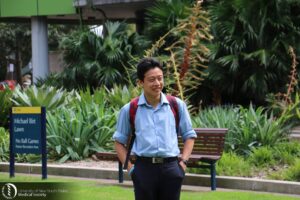






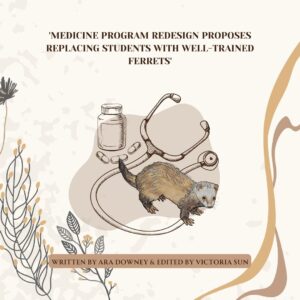

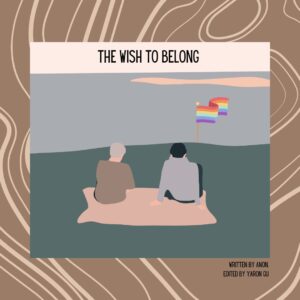
























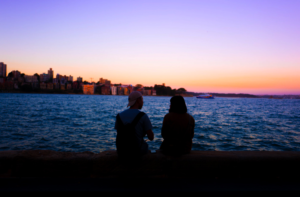








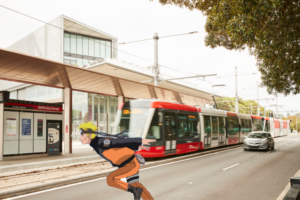
























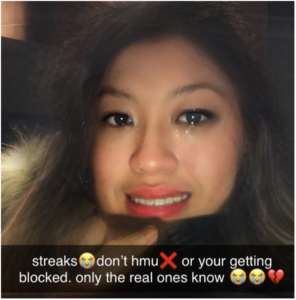





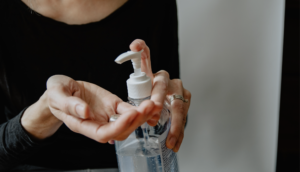




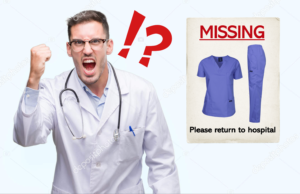








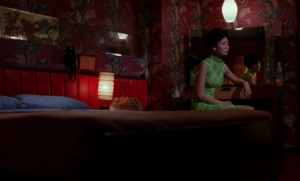











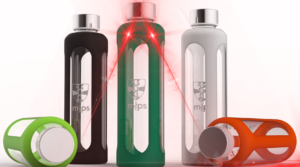






[…] the end (phase 3), however, was when she decided to buckle down and go for glory. Similarly, Dr Emily Granger, a cardiothoracic surgeon superstar one of our writers had the honour of interviewing last year, […]